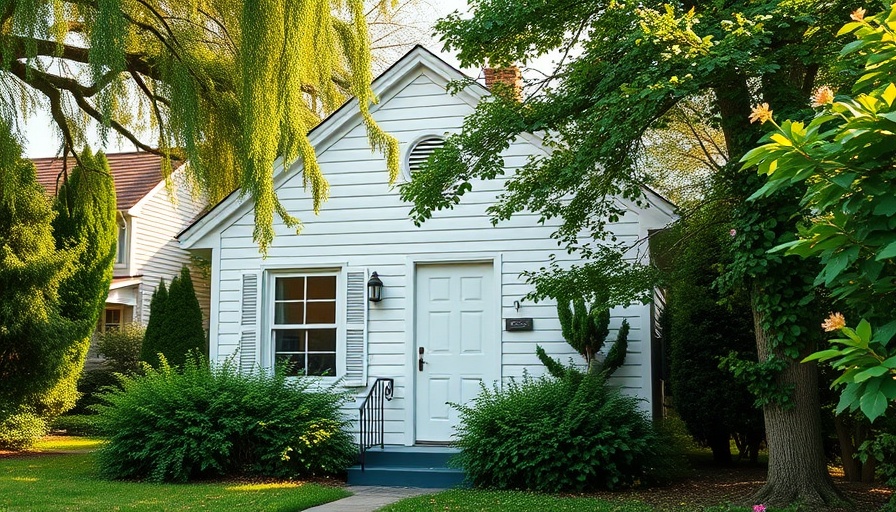
Understanding the Ins and Outs of Probate Sales
A probate sale refers to the court-supervised process mandated for the sale of property owned by someone deceased. This process, while necessary, can be complex and often lengthy, making it crucial for potential buyers and estate representatives to understand its nuances. Whether you're managing a loved one's estate or considering a purchase, navigating a probate sale requires awareness of how these transactions differ from typical real estate interactions.
Key Steps in the Probate Sale Process
The process initiates with a petition filed to open the deceased's estate in probate court. This often involves the following key steps:
- Appointment of an Executor or Administrator: If a will exists, an executor is appointed to handle the estate. In other cases, the court appoints an administrator.
- Valuation of the Property: After the appointment, it’s essential to obtain a property appraisal to determine its fair market value, which is important for setting a competitive sale price.
- Listing the Property: The property is then made available on the market, similar to traditional listings. However, any acceptable offers must receive court approval, adding a layer of complexity to the process.
- Settlement of Debt: Before any proceeds are distributed, the debts and taxes associated with the deceased's estate must be settled, often prioritizing those secured against the property itself.
- Court Confirmation: Finally, the highest bid is confirmed by the probate court, allowing the sale to progress through to closing.
Why Buyers Should Consider Probate Properties
Probate properties can be an interesting opportunity for potential buyers. These homes often sell “as-is,” which could be beneficial for buyers looking for a fixer-upper or investment property, especially with less competition than traditional listings. The potential for deals can be appealing for savvy investors ready to tackle renovations.
Where to Find Probate Listings
For those interested in discovering probate listings, several strategies are effective:
- Real Estate Agents: Engaging with a realtor who specializes in probate sales can yield listings that may not be prominently advertised elsewhere.
- Public Records: Local courthouses maintain records of estates in probate, allowing for more independent searches.
- Online Listings: Websites like Zillow, Redfin, and Trulia often feature probate listings. Searching these platforms can lead to finding hidden gems.
- Networking: Establishing connections with estate attorneys or professionals in real estate can provide insights about upcoming probate properties.
Challenges and Considerations
While purchasing a probate property can provide great opportunities, it’s essential to remain aware of the challenges. The extended closing timelines associated with court approvals can be frustrating for buyers eager to move in. Additionally, buyers must be prepared for unforeseen repairs or issues that may arise due to the nature of “as-is” sales.
Conclusion: Trust the Process
Engaging in a probate sale, whether as a buyer or executor, requires diligence, patience, and a firm understanding of the intricacies involved. It is recommended that all parties consult legal counsel to navigate this complex process effectively. Armed with knowledge and the right resources, participants in probate sales can emerge successfully.
 Add Row
Add Row  Add
Add 



Write A Comment